A new front: S Korea, Japan mending ties amid tensions on Korean Peninsula
South Korea will fully implement a key military intelligence-sharing pact with Japan, a defense ministry official said on Saturday, as the two countries are seeking to mend ties.
Seoul and Tokyo move to renew diplomacy to counter Pyongyang and thaw long-frozen relations to form a united front against their "shared concerns" over North Korea and China.
South Korean President Yoon Suk Yeol met with Japanese Prime Minister Fumio Kishida on Thursday to end bitter dispute over Japan's use of war-time forced labor. It was the first such summit in 12 years.
Yoon declared a "complete normalization" of a 2016 intelligence-sharing military agreement called the General Security of Military Information Agreement (GSOMIA), following the summit.
“Strengthening Japan-South Korea ties in the current strategic environment is urgent,” Kishida told reporters at a joint press conference with Yoon after the talks.
“I hope this visit will nurture trust and friendship and significantly elevate Japan-South Korea relations,” he added.
“From now on, I would like to open a new chapter in Japan-South Korea relations through frequent visits by both sides that are not tied down by formality,” Kishida said.
The development came after a letter sent by South Korea's defense ministry to the foreign ministry on Friday requesting measures to normalize the GSOMIA deal, the South’s Yonhap news agency reported.
The renewing of ties comes in as both Japan and South Korea grow conscious of their shared mutual regional interests that also tally with American interests over North Korea's missile programs and over China’s growing awareness of its territories or positioning on the international stage.
The GSOMIA enables the two US allies to share military intelligence, particularly over Pyongyang's nuclear and missile capacity.
Just hours before Yoon arrived in Tokyo, North Korea test-fired a banned intercontinental ballistic missile.
Meanwhile, Washington hailed the summit and called Japan and South Korea "indispensable allies".
"Improved ties between Seoul and Tokyo will help us embrace trilateral opportunities to advance our common regional and international priorities, including our vision for a free and open Indo-Pacific," a US state department spokesperson said.
"We applaud Prime Minister Kishida and President Yoon for taking this positive step forward."
Relations between Seoul and Tokyo declined in 2019 after Seoul threatened to scrap the GSOMIA after trade disputes and a historical row beginning from Japan’s 35-year colonial rule over the peninsula sprung up.
At that time, the US had responded to both countries that breaking the pact would only benefit China and North Korea.
The US and the South have held several joint drills since the beginning of the year. Pyongyang views the war games as potential rehearsals for invasion of its territory
North Korea has been subjected to harsh sanctions by the US and the UN Security Council over its defensive nuclear and ballistic missile programs.
Pyongyang has defended its missile tests as a legitimate defense against military threats posed by the US and its allies.

China ‘firmly’ opposes countries making trade agreements with US at its expense
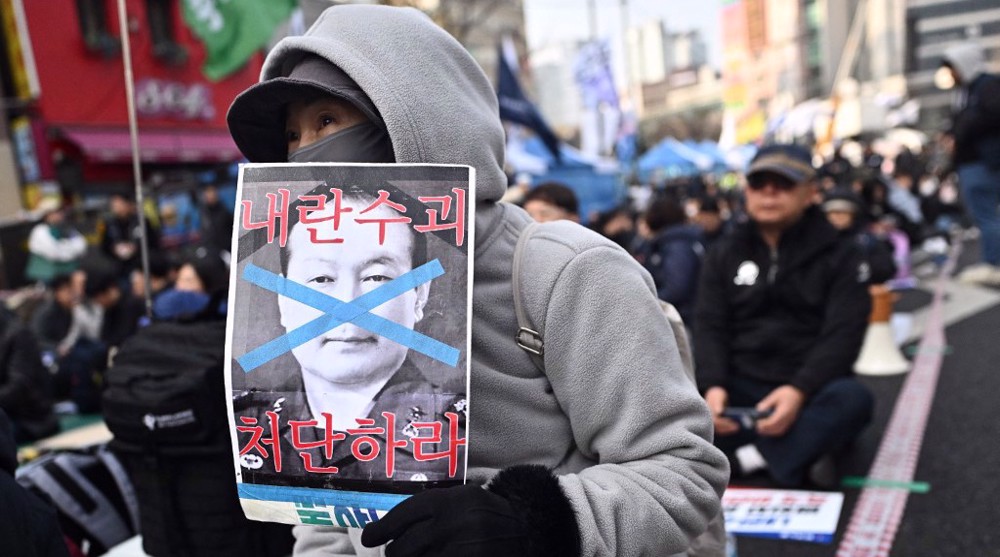
South Korea's court removes president over martial law controversy
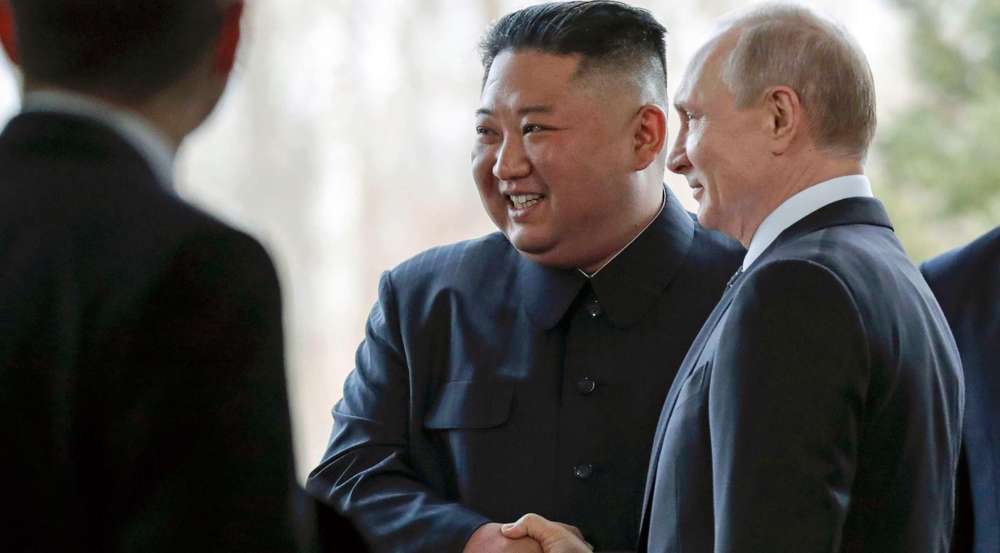
Official: Russia preparing for visit by North Korean leader
VIDEO | Iran-China-Russia partnership
VIDEO | Press TV's news headlines
Netanyahu’s anger source of joy for us: Ansarullah
Iran, China working resolutely to safeguard mutual interests: Tehran says as FM departs for Beijing
Yemen asserts enhanced military readiness; takes US aircraft carriers under firepower
VIDEO | Iran seeks foreign investment to boost oil, gas sectors
Iran condemns terror attack in India's Kashmir region
After second Signalgate scandal, Democrats call for Hegseth’s resignation


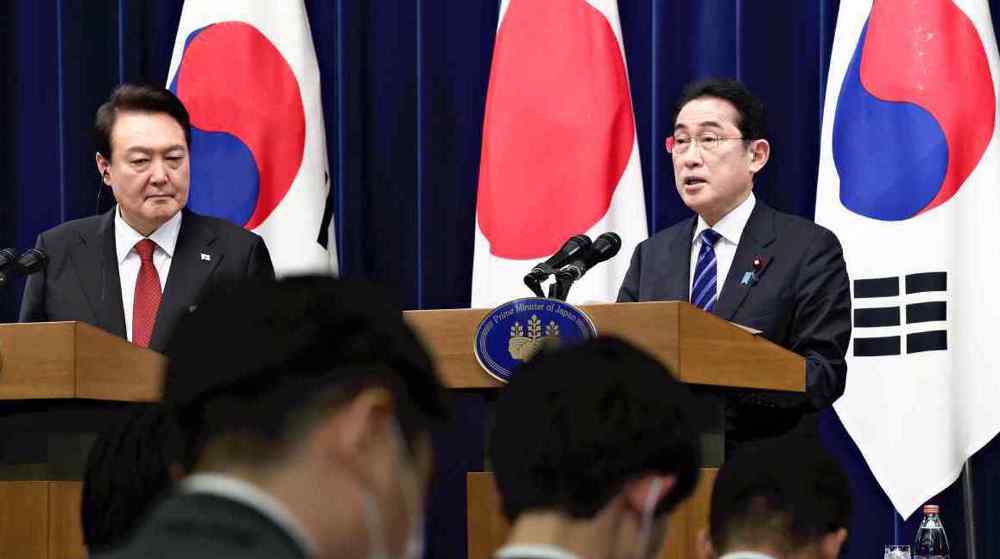
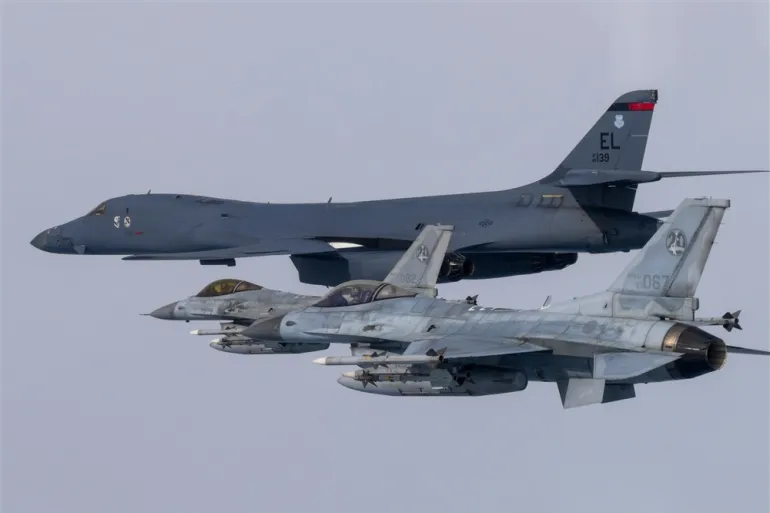



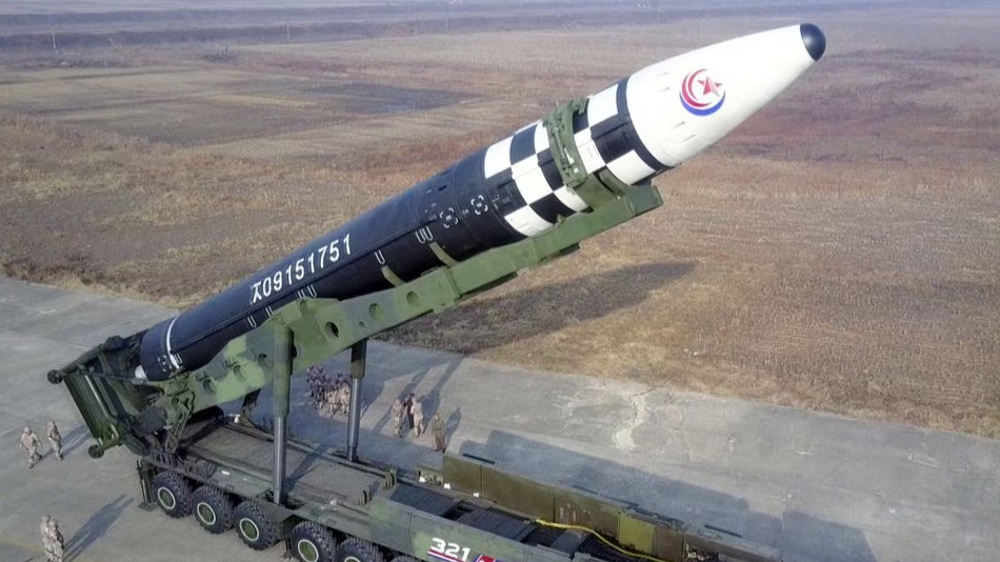
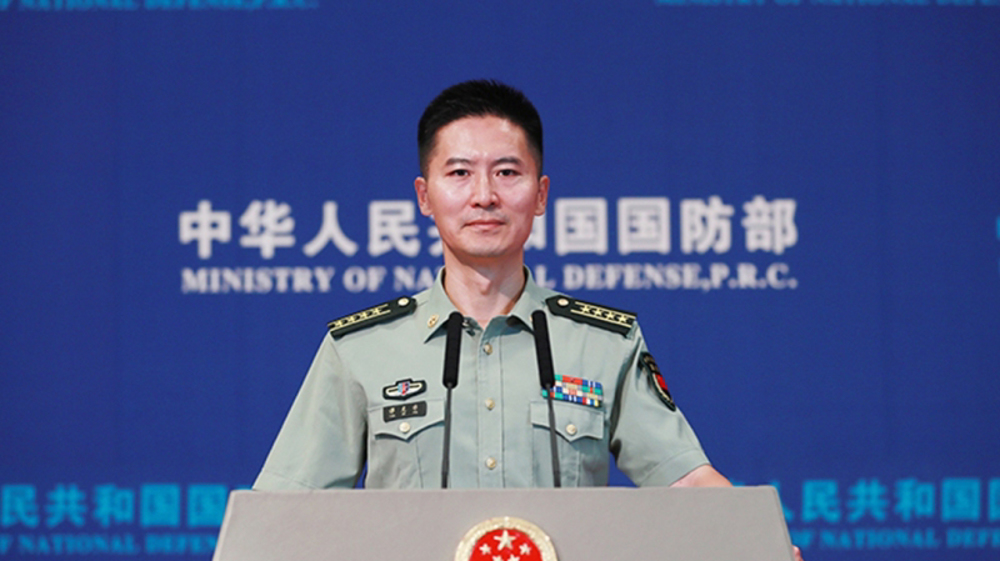
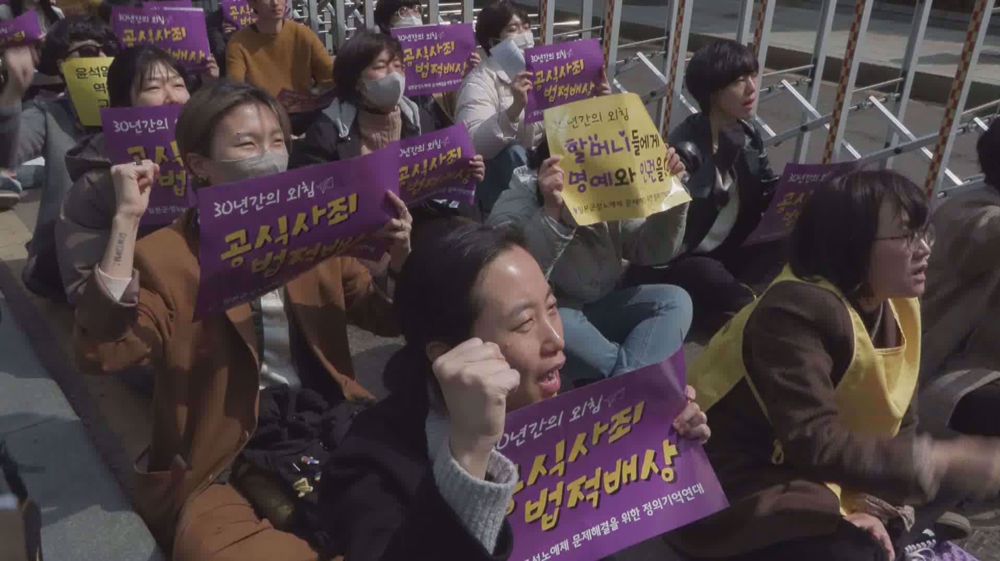
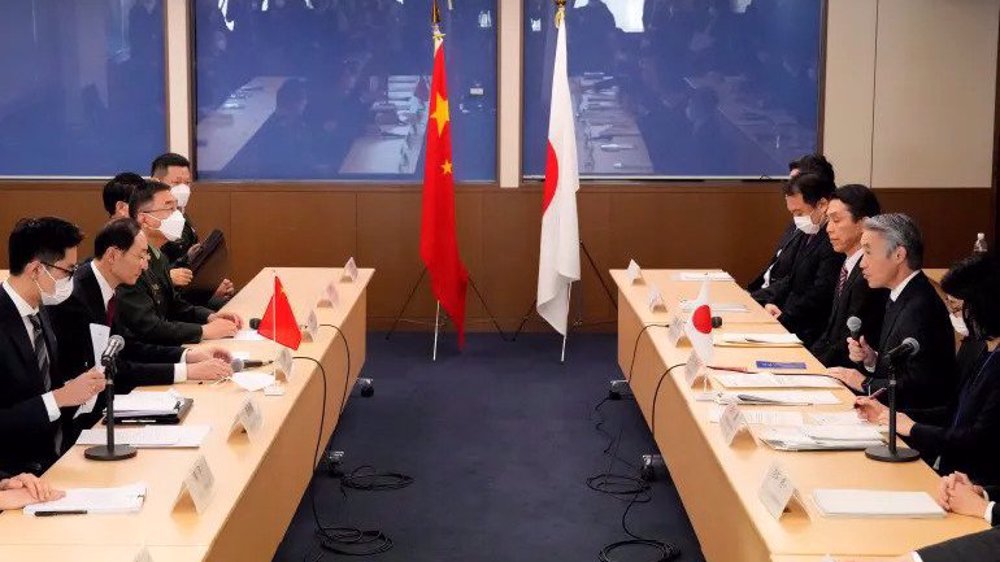
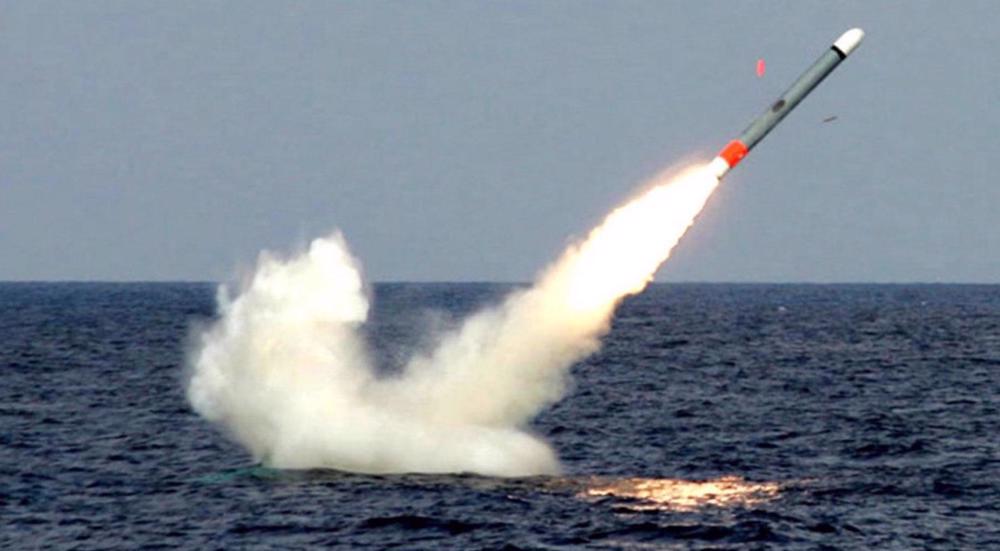

 This makes it easy to access the Press TV website
This makes it easy to access the Press TV website